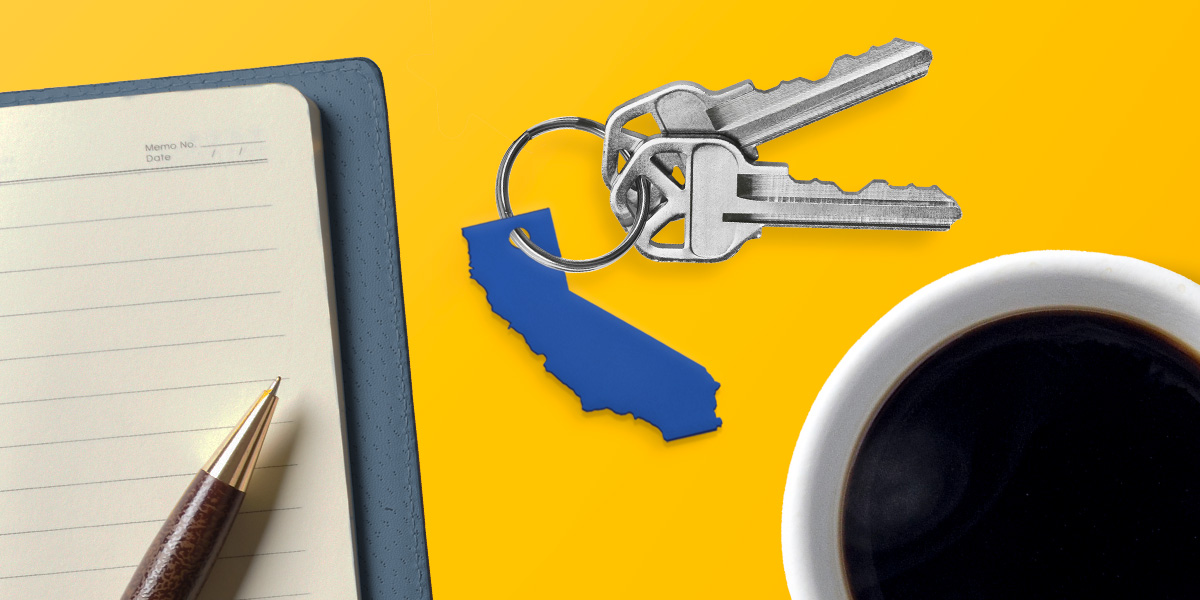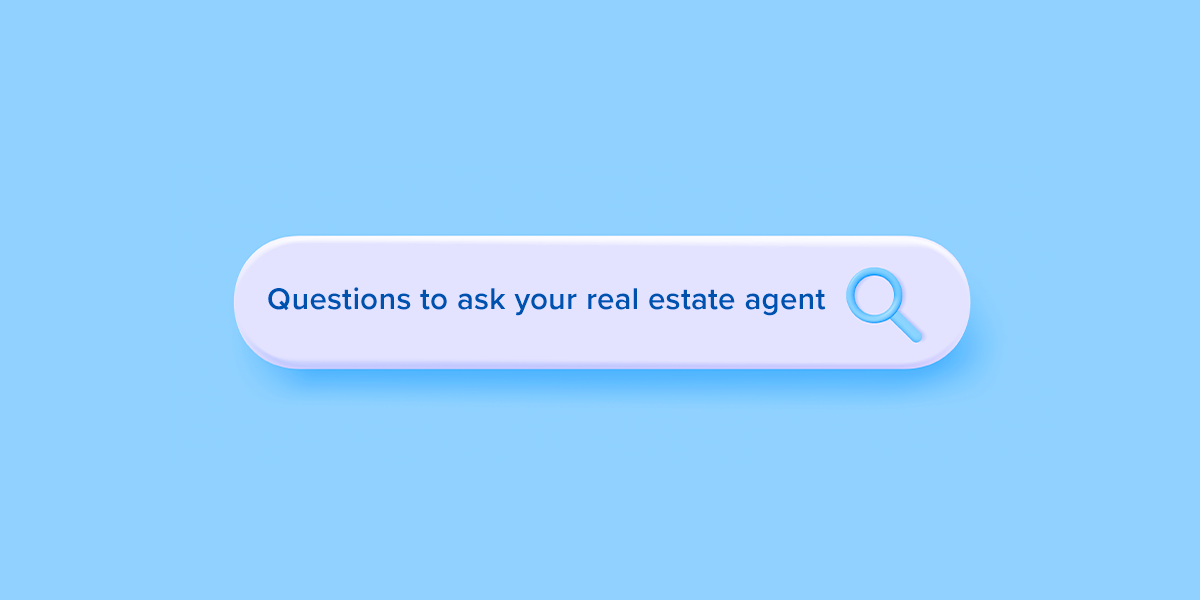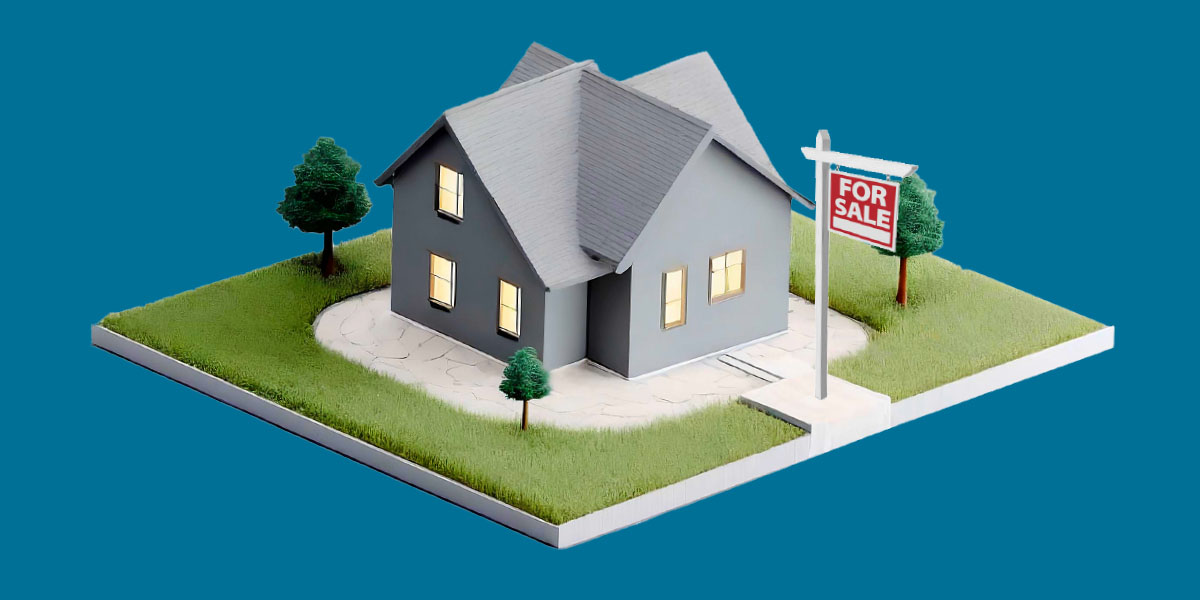-
Personal Banking -
Insights
How to Budget After You Buy Your Home
If you've bought a home, congratulations! You've reached a major financial milestone.
It likely took a lot for you to get to this point, including a significant amount of savings and the dedication of a large part of your monthly earnings.
Now that you've reached one savings goal, it's time to keep your eyes on the future and prepare for it. That means that you'll need to start budgeting as a homeowner.
While you're no longer saving for a down payment, it's still important to have savings after buying a home to keep up with unexpected expenses and to meet other financial goals.
How Much Money Should You Have After Buying a House?
The answer varies according to your individual needs and expenses, but it's ideal to have at least three to 12 months' worth of expenses saved in your emergency fund. If you don't have that much, don't be discouraged. Set a goal to build your savings and start working toward it.
Do You Have No Savings Left After Buying a Home?
Do you really save money by buying a home instead of renting? For a new homeowner, it may not feel like it. Owning a home doesn't just require a big down payment upfront and monthly mortgage payments; it also involves a number of additional costs for maintenance, insurance and repairs.
If you spent all your savings to purchase your home and get settled in, it's time to revisit your budget. It's never a good idea to be without a safety net, especially when you're a homeowner.
However, many homeowners find that over time, they do save money compared to renting—and they're able to build long-term savings through home equity. It just takes focused attention on building a new budget as a homeowner and sticking to it.
First Review Your Budget from Before Homeownership
If you had a budget or spending plan in place before you bought a home, that's the best place to start for budgeting and saving after becoming a homeowner. Revisit that budget but be prepared to make some tweaks.
Account for Costs of Homeownership
Your old budget may have included some items you'll no longer need (such as saving for a down payment or paying for renter's insurance), and you will have some new expenses related to homeownership.
Common expenses associated with owning a home include:
- Mortgage & PMI - If you have a fixed interest rate, your monthly mortgage payment of principal and interest will be a fixed item in your budget, and you won't have to worry about rising rent prices. If you're paying private mortgage insurance (PMI), that additional fee will be dropped from your mortgage payment once you reach a certain level of equity in your home (typically 20%).
- Insurance - Your homeowner's insurance premium, which covers your home in the event of fire, robbery and other catastrophes, may be included as part of your monthly mortgage payment. If your home is in a flood zone, you may also need flood insurance.
- Remodeling or Upgrades - If you're planning to remodel or make changes to your home, factor the approximate cost of saving for that project into your budget.
- HOA Dues - Did you purchase a home in an area with a homeowner's association? If so, you'll be required to pay HOA dues on a monthly, quarterly or annual basis.
- Furniture - Do you need new furniture for your new home? Add the cost of that to your budget to make sure you're prepared for those expenses.
- Property Taxes - Homeowners must pay property taxes on an annual basis, but your mortgage company may include taxes as a portion of your monthly payment and pay the taxes for you. Be sure to calculate this cost in your budget as well.
- Maintenance & repairs - Things like your home's HVAC system will require regular maintenance and repairs. Focusing on scheduling regular maintenance can help you keep costs more predictable while preventing costly repairs. Additionally, take into account the cost of maintaining your yard, whether you hire a company or take care of it yourself.
Create Your New Budget
Once you've calculated all the expenses of homeownership, create a new budget including those costs. When you add in all the homeownership costs with the rest of your expenses, consider whether your current budget is sustainable—and if it will allow you to build savings. If it's not, you'll need to find ways to cut back on spending or generate additional income.
Ways to Save or Generate Money When Owning a Home
Cutting back can be difficult, but it may be necessary in order to make homeownership fit into your life. However, it might not always be about cuts — saving money might be as simple as switching companies for services that you regularly use.
If you're looking for ways to save as a homeowner, consider these ideas.
1. Shop Insurance Carriers
In addition to homeowner's insurance, you probably also pay for health insurance, life insurance and auto insurance. And the price of insurance can vary widely based on the type of coverage you have and the carrier you use. Shop around and try to find lower rates.
2. Consider Used Appliances, Electronics & Furniture
Furnishing a new home doesn't have to be expensive. You can often find good deals on gently used furnishings and appliances at thrift stores or local online marketplaces.
3. Turn Lawncare into a DIY Project
Rather than paying for a pricey lawn service, purchase a secondhand lawn mower and take care of the lawn on your own. You'll get some exercise, save money over time and might even find a new weekend hobby!
4. Replace Heating and Air Filters
It may seem counterintuitive to purchase new heating and air filters in order to save money, but it works. By regularly replacing your filters, you can help reduce your utility bills by making your HVAC system operate efficiently.
5. Find New Ways to Enjoy Time at Home
Instead of going out to dinner and a movie, bring the dinner and movie to your new house. Make a conscious effort to stop spending so much money going out; instead, take the opportunity to enjoy time inside your home.
6. House Hack
If you have an extra room, guest house or garage apartment, you can consider renting it out on a site like Airbnb, if short-term rentals are allowed in your area. This can bring in additional income for you and your family.
7. Work on Lowering Utilities
Set the temperature on your thermostat to reduce your utility bill and ensure you have no leaking water pipes. Also, consider lowering your water usage—such as watering your lawn less often—to reduce your water bill.
You can also drastically decrease your energy bills by installing LED lights and using energy-efficient appliances.
8. Take Advantage of Tax Breaks
There are some tax deductions available for homeowners that can help them save some money on taxes each year. Getting in touch with a tax professional could help you explore what tax deductions might be available for you.
Don't Hesitate to Review You Financial Situation
You've successfully crossed the first hurdle of owning a home. By making minor budgeting tweaks, you should be able to save more money and be financially prepared for emergencies. Continue to reassess your budget often and track expenses to make sure you are meeting your goals. Consider reaching out to a wealth planner to develop a financial plan that fits your situation and goals.
This article is for general information and education only. It is provided as a courtesy to the clients and friends of City National Bank (City National). City National does not warrant that it is accurate or complete. Opinions expressed and estimates or projections given are those of the authors or persons quoted as of the date of the article with no obligation to update or notify of inaccuracy or change. This article may not be reproduced, distributed or further published by any person without the written consent of City National. Please cite source when quoting.
City National, its managed affiliates and subsidiaries, as a matter of policy, do not give tax, accounting, regulatory, or legal advice, and any information provided should not be construed as such. Rules in the areas of law, tax, and accounting are subject to change and open to varying interpretations. Any strategies discussed in this document were not intended to be used, and cannot be used for the purpose of avoiding any tax penalties that may be imposed. You should consult with your other advisors on the tax, accounting and legal implications of actions you may take based on any strategies or information presented taking into account your own particular circumstances. Trust services are offered through City National Bank.





